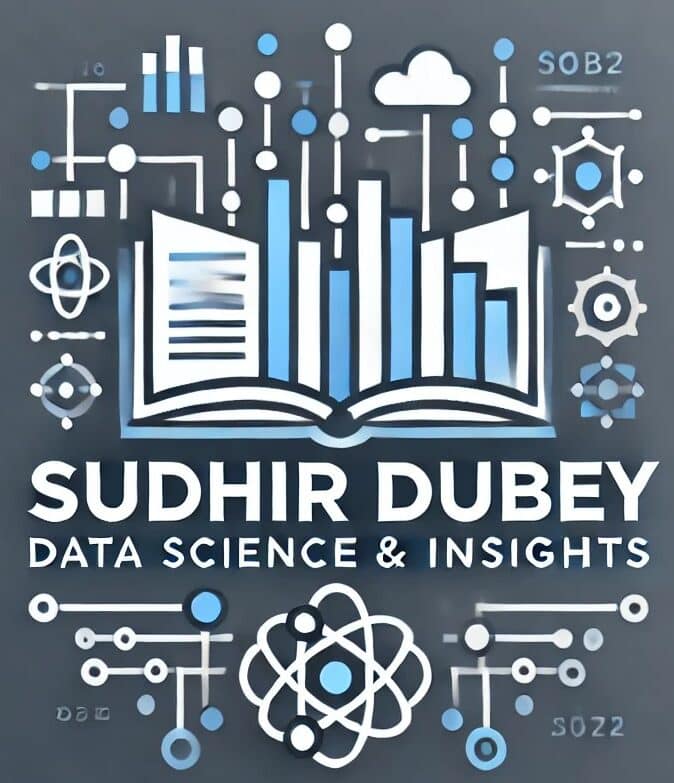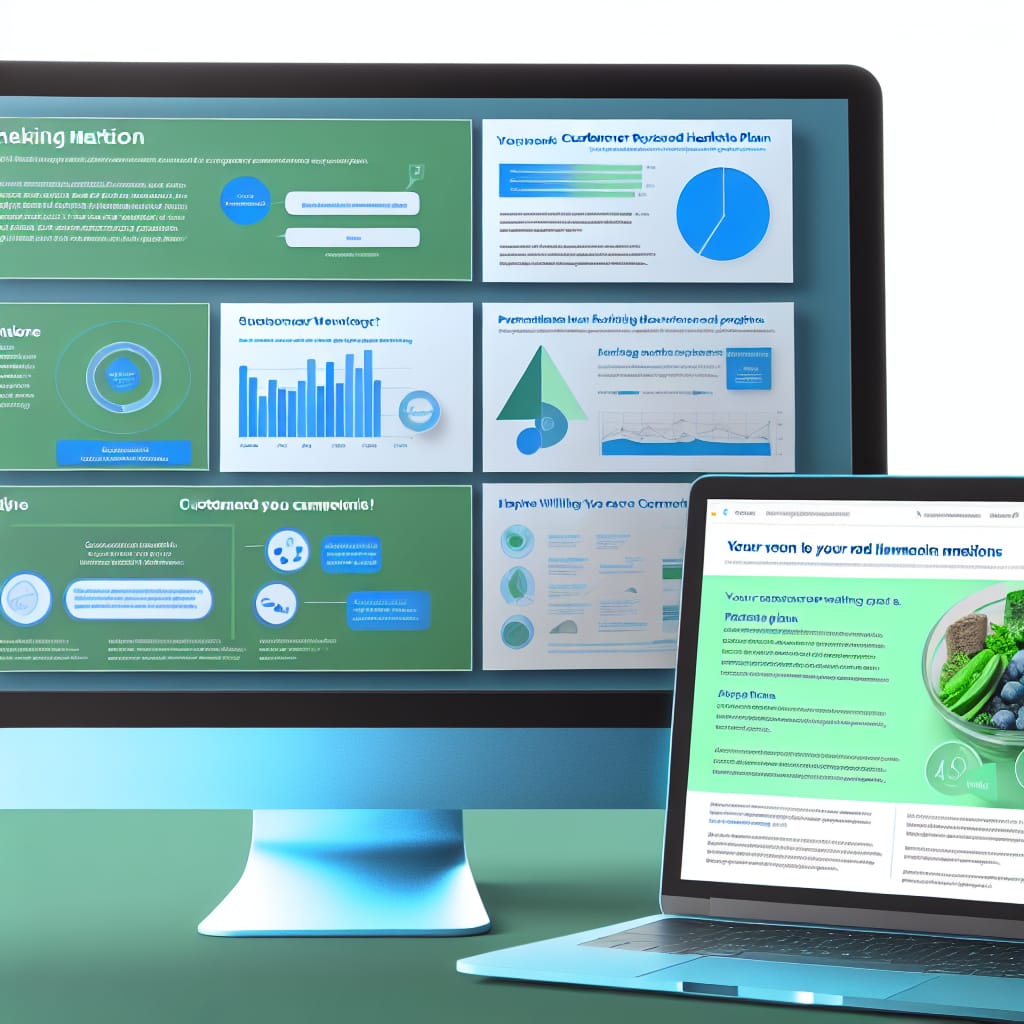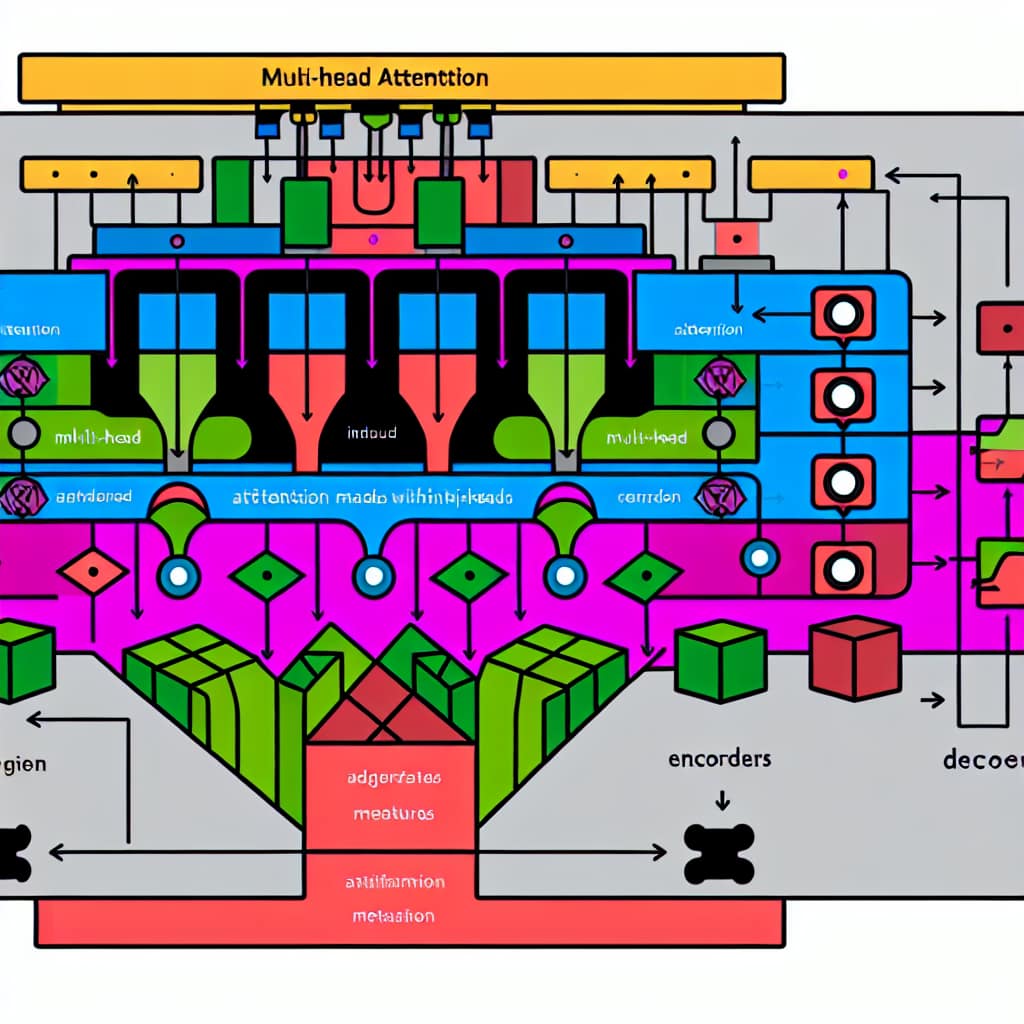Hyper-Personalization with Generative AI: The Advanced Path to Revolutionizing Customer Experiences in 2025
In today’s rapidly evolving digital landscape, hyper-personalization with generative AI is transforming the way businesses interact with their customers. Whether in e-commerce, finance, or healthcare, the demand for personalized marketing strategies is at an all-time high. The advent of generative AI has not only enhanced customer experience but also paved the way for groundbreaking applications in AI-driven industries. This article delves into the mechanisms and benefits of hyper-personalization, exploring how AI is setting new standards in creating uniquely tailored customer experiences.
Table of Contents
What is Hyper-Personalization?
Hyper-personalization refers to the use of advanced data analytics and AI to deliver highly individualized experiences for customers. Unlike traditional personalization that might suggest products based on browsing history, hyper-personalization delves deeper, utilizing real-time data, user behavior, and AI algorithms to craft experiences tailored to each individual’s preferences and behaviors. Leveraging technologies like machine learning, companies can analyze complex data sets to anticipate and fulfill customer needs effectively.
Generative AI Applications
Generative AI is a subfield of artificial intelligence that focuses on creating content, be it text, images, or sounds, based on trained models. Its applications span across industries, with notable impacts in content creation, product design, and virtual reality. For instance, AI-driven chatbots in customer service utilize generative AI to provide nuanced responses, enhancing user engagement and satisfaction. In marketing, automated content generation using AI tools helps brands maintain consistent interaction with their audience.
Frameworks and Tools
Several frameworks such as GPT-4 and BERT have dramatically improved the accuracy and depth of AI-generated content. These tools are pivotal in helping companies develop more personalized marketing campaigns. By analyzing customer data, generative AI can recommend products, craft tailored messages, and offer solutions that resonate with the target audience.
Real-World Examples
A leading online retail giant uses hyper-personalization to curate individual shopping experiences; by analyzing past purchases and browsing history, the platform recommends products that align with the customer’s tastes. Another example is a financial service provider that utilizes AI to tailor investment advice by assessing each client’s financial habits and goals.
These instances highlight how hyper-personalization with generative AI can significantly enhance the customer journey, drive engagement, and increase ROI.
Hyper-Personalization in Healthcare
The healthcare sector is adopting hyper-personalization to improve patient care and operational efficiency. AI-driven technologies enable healthcare providers to offer personalized treatment plans by analyzing patient data such as genetic information, lifestyle, and medical history. A notable application is personalized medicine, where treatments are tailored to the genetic makeup of each patient, potentially improving outcomes.
Further, AI can streamline administrative tasks, allowing healthcare professionals to focus on patient care. The integration of AI in healthcare exemplifies the transformative potential of hyper-personalization.
Future Trends and Opportunities
The future of hyper-personalization with generative AI holds immense potential. With advancements in AI technologies, real-time data processing will become more efficient, allowing for even more precise personalization. Sectors like finance, retail, and technology will see increased AI adoption, driving innovation and competitive advantage.
Furthermore, ethical AI and data privacy will gain prominence, prompting businesses to adopt transparent and responsible data practices to maintain customer trust.
As AI continues to evolve, it is crucial for professionals to stay informed of emerging trends and adapt to the changing landscape. For more insights on AI trends, explore our comprehensive guide.
Conclusion
Hyper-personalization with generative AI is reshaping the way businesses approach customer experiences. By harnessing the power of AI, companies can deliver highly tailored interactions, driving customer loyalty and business growth. As AI technologies advance, staying ahead of the curve is essential for leveraging these innovations.
For more on AI and its applications, check out our advanced AI guide. Join the conversation and explore the endless possibilities AI brings to today’s digital world.
Frequently Asked Questions
What is hyper-personalization?
Hyper-personalization is an advanced form of personalization using AI and data analytics to deliver highly individualized experiences based on real-time data and user behavior.
How does generative AI enhance customer experience?
Generative AI improves customer experience by creating customized content, recommendations, and interactions based on detailed user data and preferences.
Can hyper-personalization be applied in healthcare?
Yes, hyper-personalization is applied in healthcare to tailor treatments and services based on individual patient data, enhancing care and outcomes.
What are the challenges of hyper-personalization?
Key challenges include managing vast amounts of data, ensuring data privacy, and addressing ethical concerns related to AI use.



